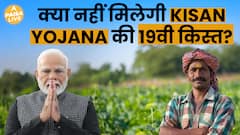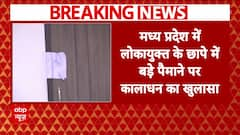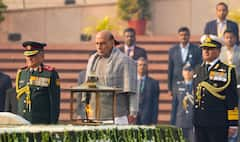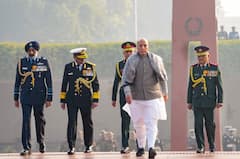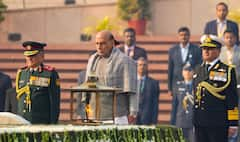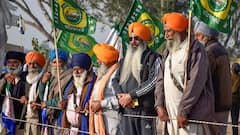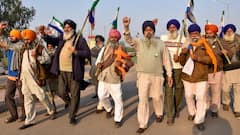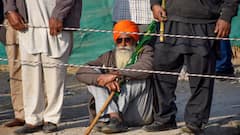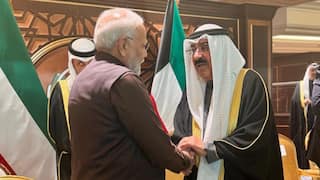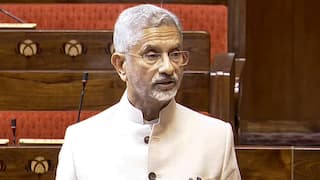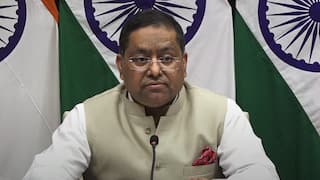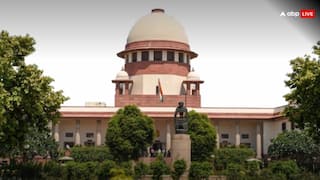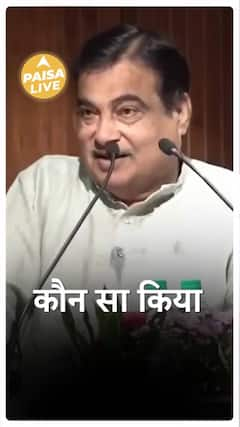Same-Sex Marriage Plea In SC: A Question Of Fundamental Rights, Not Just About Queer People, Petitioners Say
Same-sex marriage: In an interview to ABP Live, petitioners Utkarsh Saxena and Ananya Kotia discuss various issues related to the matter, including rights, societal views, and how it concerns society.

With a constitutional bench of the Supreme Court set to start hearing the same-sex marriage petition on April 18, the petitioners have all their hopes pinned on the apex court, which they believe won't dissappoint the LGBTQ+ community. The batch of petitions to be heard by the five-judge bench, which was set up by Chief Justice of India DY Chandrachud and comprises Justices Sanjay Kishan Kaul, Ravindra Bhat, Hima Kohli, and PS Narasimha besides him, seeks legal recognition of same-sex marriages in India.
Speaking to ABP Live, the petitioners said this is a question of fundamental rights in the Constitution, which must be upheld even if it does not have social or majority support, because that is not the yardstick.
Petitioners Ananya Kotia and Utkarsh Saxena shared with ABP Live various issues related to the petition, including rights, societal views, and the impact the verdict will have on the LGBTQ+ community in particular and India in general.
When it comes to same-sex marriage, one of the most frequent arguments has been societal value. The government and other opposing voices have cited conservative norms of Indian society to not legalise same-sex marriage.
Utkarsh Saxena, who is also one of the lawyers in the case, said: “Because this is a question of fundamental rights in the Constitution, you don't need social majority support to pass something. Even at the time of decriminalisation, if you polled the country at large, it's not necessary that everybody was on board. But that's not the yardstick, that's not the benchmark for upholding people's fundamental rights.”
A lot of changes, like women's rights, may not have that popular support, and that is why law and society are always playing a kind of catch-up game, he said, adding that sometimes the law is ahead of society and sometimes societies are ahead of the law and the law follows.
A Very Typical Love Story
Utkarsh Saxena, a Supreme Court lawyer, is doing his PhD at the University of Oxford. He met Ananya Kotia, a PhD scholar at the London School of Economics, during his college days when homosexuality was still a crime in India. Their's was a “very typical love story”, as they would call it, nothing short of a Bollywood movie plot.
Utkarsh and Ananya met in college (Hansraj College, DU) through the Debating Society. "Like any other college romance", they fell in love and have been together ever since, said Ananya.
However, it was not really "typical" in every sense because they weren't able to share this with anyone for a very long time.
"We were always really good friends, best friends...and that's how it was always portrayed to people. We weren't sure when decriminalisation would happen, or if there would ever be an opportunity to claim marriage right. It was quite difficult, quite lonely,” said Utkarsh, adding that they had each other through that period, making it much easier.
“I don't know how people who are single do it. It must be so much more difficult. It's in any way difficult to be queer.”
ALSO READ | Same-Sex Marriage: Petitioner Says 'Lot Of Faith In Judicial System' As SC Hearing Begins
How Puttaswamy Vs Union of India Judgment Became 'Bedrock' For LGBTQ+ Rights
However, things started to change after the landmark 2018 judgment, which decriminalised gay sex, the couple said. What came as a major help in this was the Justice KS Puttaswamy vs Union of India judgment of 2017. The nine-judge bench in that case unanimously reaffirmed the right to privacy as a fundamental right under the Constitution of India.
Utkarsh, as a young lawyer, was part of the litigation.
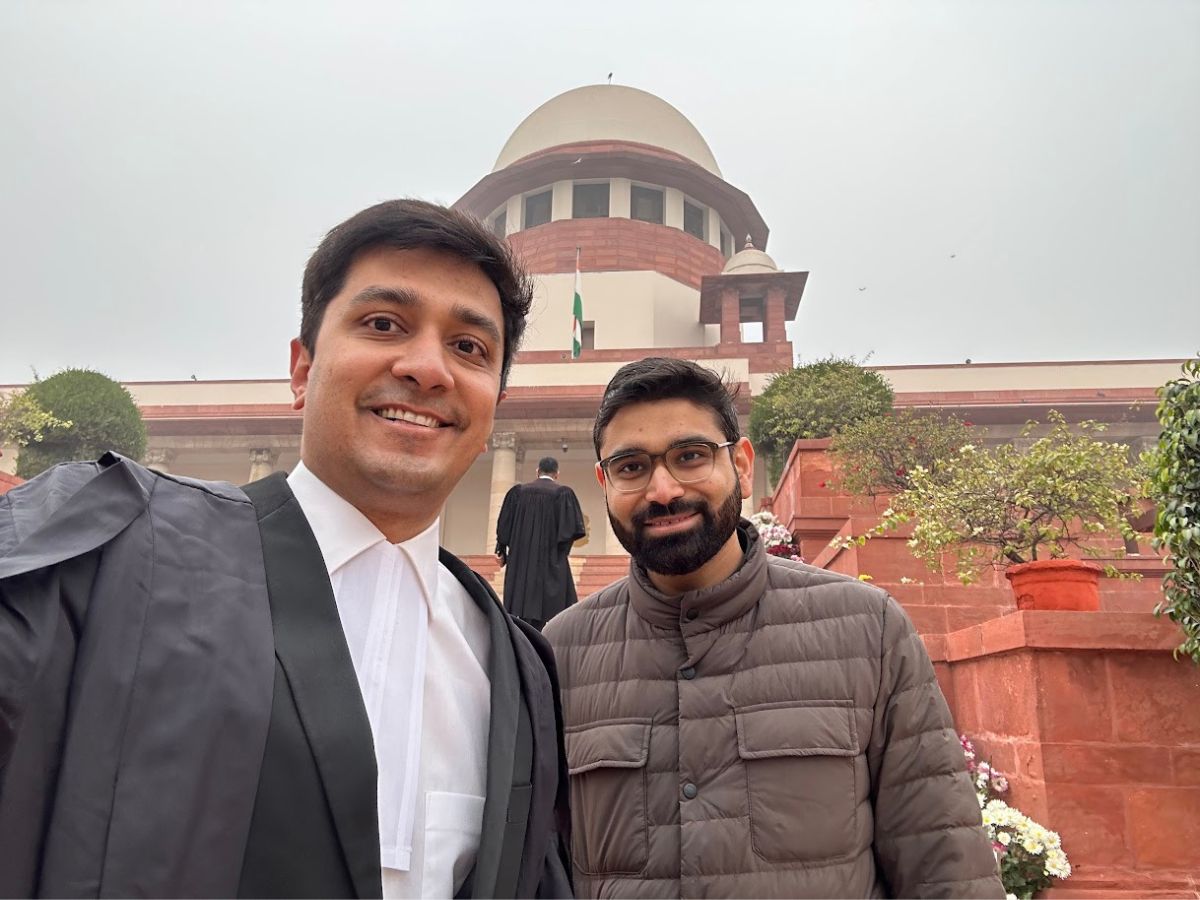
The case was related to Aadhaar, he said, explaining how the judgment made it very evident that privacy encloses within itself a bundle of rights that will have ramifications for homosexuality, gay marriage, and a bunch of other rights around gender and sexuality.
“We realise that the case was an important moment for queer rights, even though it wasn't actually grounded in a queer rights case at the time. It becomes the bedrock of a lot of litigations, the decriminalisation judgment heavily relies on the Justice Puttaswamy judgment,” Utkarsh said.
“Our petition to the court for same-sex marriage also relies heavily on that judgment.”
Adding to this point, Ananya said the Navtej Singh Johar judgment of 2018 paved the way for social change or just a change of social attitudes. "We've been seeing that more OTT platforms, in our films, in our books, in our movies. And I think that conversation about it not being hidden anymore, people feeling comfortable to talk about it in the open."
'Many Countries Are Looking Up To India'
The courts have been the catalyst of social change in other countries as well. Same-sex marriage is legal in 34 countries as of 2023, and 23 of them have legalised same-sex marriage nationally through legislation (such as Australia and Iceland) while 10 have legalised it nationally through court decisions followed by national legislation (such as Austria, Brazil, South Africa, Taiwan, and the US).
If a favorable judgment comes out of the case, India will be the first country in Asia to legalise same-sex marriage (Taiwan is still considered part of China in some parts of the world).
Utkarsh said: "A lot of my classmates from graduate school have messaged me saying we are very closely watching what's going on. In many countries in Peru, Thailand, and even European countries, like Greece, where same-sex marriage is not legal, they think it will be a moment for other countries to pause and ponder over their policies. If a country like India, which is a developing country considered traditional and religious, can openly embrace the community, why can't they too?”
'It's Not Just About Queer People'
Utkarsh said every time a civil rights case is being fought, and if it relates to a specific group such as women or a religious or ethnic minority, it's still a case that concerns everybody else. If a country is robust in protecting the rights of minorities, it means tomorrow when you are a minority in some dimension, and your rights are in question it will stand up for you.
So this is not just about queer people as a system. We should hope that our courts and our system stand up for anyone that is oppressed and vulnerable, he added.
“Socially, I don't think non-queer people realise how much this actually does hurt them,” Utkarsh said, adding: “When there is a lot of phobia and legal opposition to people being allowed to live their lives, people are forced into taking decisions, people will end up in marriages dishonestly just because they are too scared to be themselves. And those marriages often don't go well. They will have children, it will affect the health of children because there is a lot of unhappiness and discontent in those marriages.”
Ananya added: “This isn't about two mutually exclusive groups of people. It's society's intermingling, people are in each other's life. So I think suppressing one, we'll have a very direct impact on the other part as well. That understanding needs to be there.”
Gay Brain Drain
That suppression has been prescripted for many queer people. A World Bank study pulished in 2014 estimates that India loses 1.7 per cent of its GDP because of higher rates of suicide and depression among the queer community.
There is also the issue of ‘Gay Brain Drain’, a term coined by Yiu Tung Suen and Randolph CH Chan in their 2020 paper on the LGB community in Hong Kong. It refers to the kind of migration that is not economic in nature, but the main moving force for you to migrate is your sexual orientation. Even friends of Utkarsh and Ananya have asked them to consider settling abroad.
Ananya, who is doing his PhD in economics at LSE, said: “There's a lot of human capital, which is wasted because of all sorts of reasons. We've gone through this struggle. People are discouraged because they think certain avenues in their careers are just shut off to them because they can't have a sort of conventional life.”
He added: “There's just too much misery. There's too much loneliness for really no reason. I think we should get beyond these things. It's not worth it to really persevere such a social attitude.”
Utkarsh said a lot of queer people, who are talented and educated, leave the country, and that he is also asked often why he is staying put.
“(They say) Why do you want to stay here? There's so much hatred. You'll never be accepted. Just go to another country. We've been educated outside, we have worked outside. We could have had those opportunities and a lot of our friends have left. There's a kind of brain drain that happens where educated talented people, leave the country because they aren't accepted in their own, which is a loss to the economy.”
15 Years Of Growing Together
For the couple, there is also an emotional perspective to the SC petition. They have been together for more than 15 years. Narrating his relationship with Ananya, Utkarsh said growing up queer in India, the biggest fear is that you are not going to not find anyone, that you are going to be abandoned by your family, by your friends, and it's incredibly scary and hurtful.
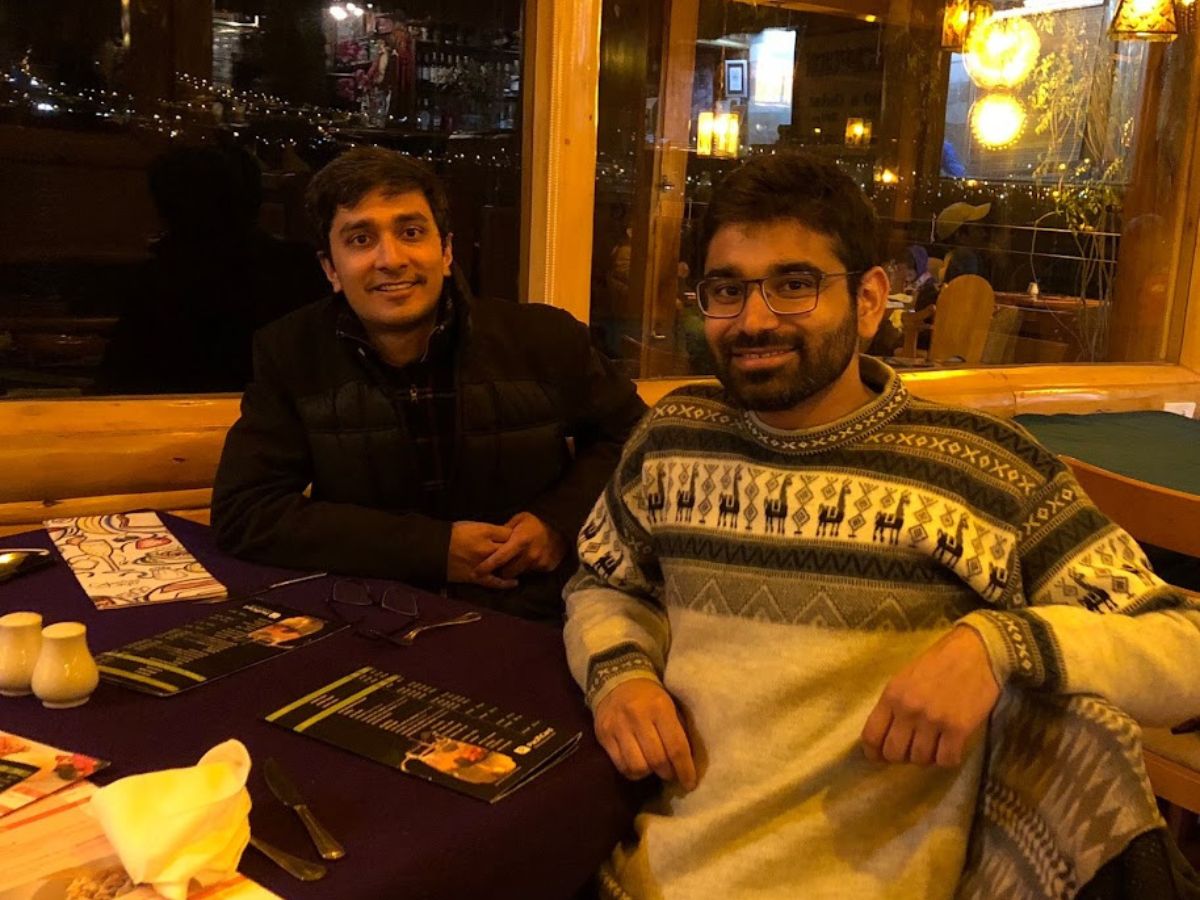
“The fact that I have had this steady relationship, I've had Kotia in my life for so long has been a great support for me, emotionally and mentally," he said, addng that the relationship helped him change as the kind of person he was.
"I used to be a very serious, ‘kind of dull person’. (But) now I am a lot more social, outgoing. We have grown together, we have grown around each other. We have helped each other grow to be cheerleaders of each other.”
Ananya echoed the sentiment: "We have grown up together. There was a lot of discouragement, I think for both of us when we were growing up. In contrast, we had a decade with such a beautiful thing. And that's why we value it so much.”
And that is why this petition is very important for the couple and other LGBTQ+ communities. "Honestly, this is too important. So much of our life is determined by this. We both really want to live in India. We both want to start a family. We want to settle down here, and that is why the stakes are too high,” Utkarsh summed up.
Trending News
Top Headlines











